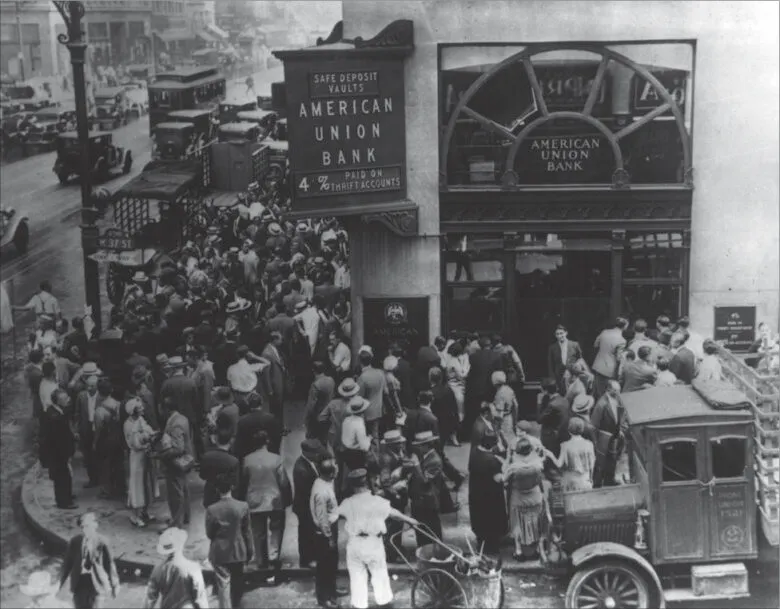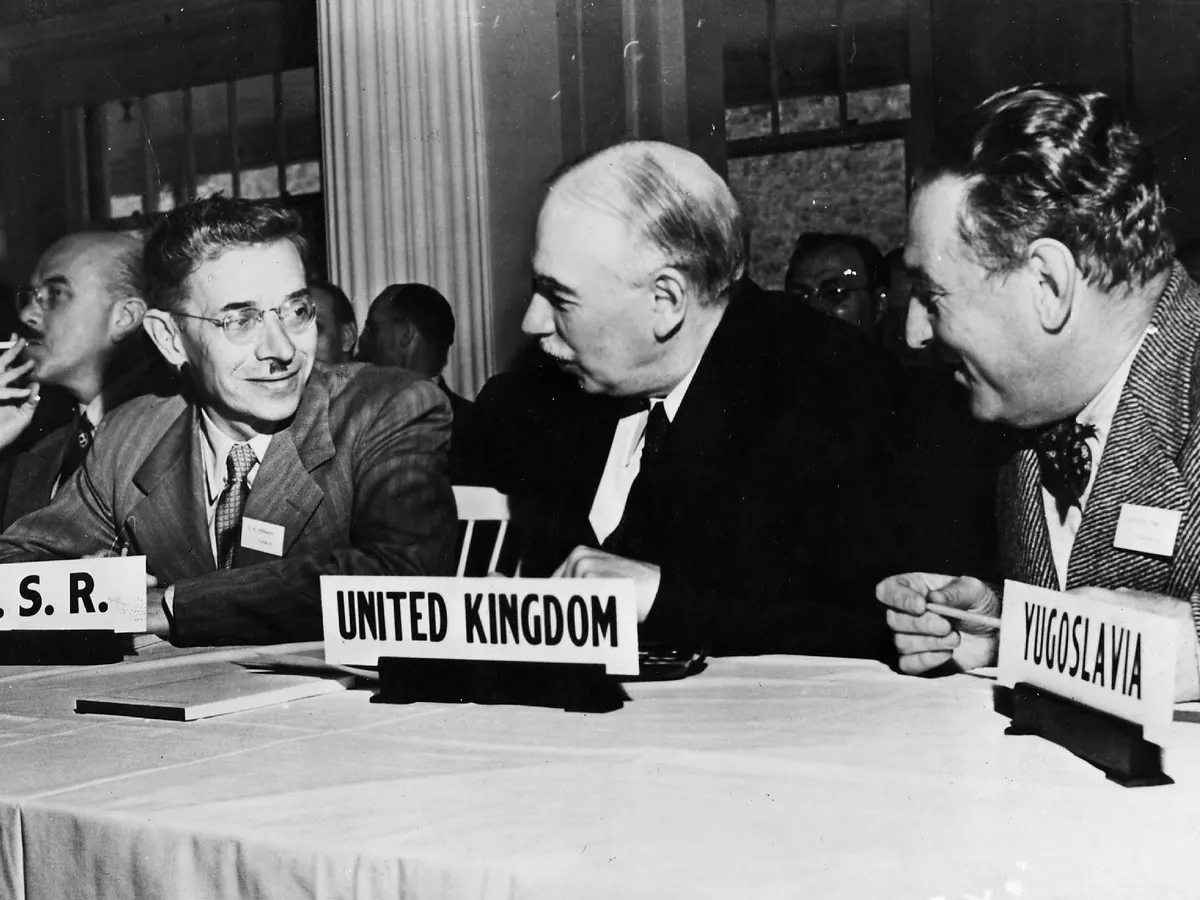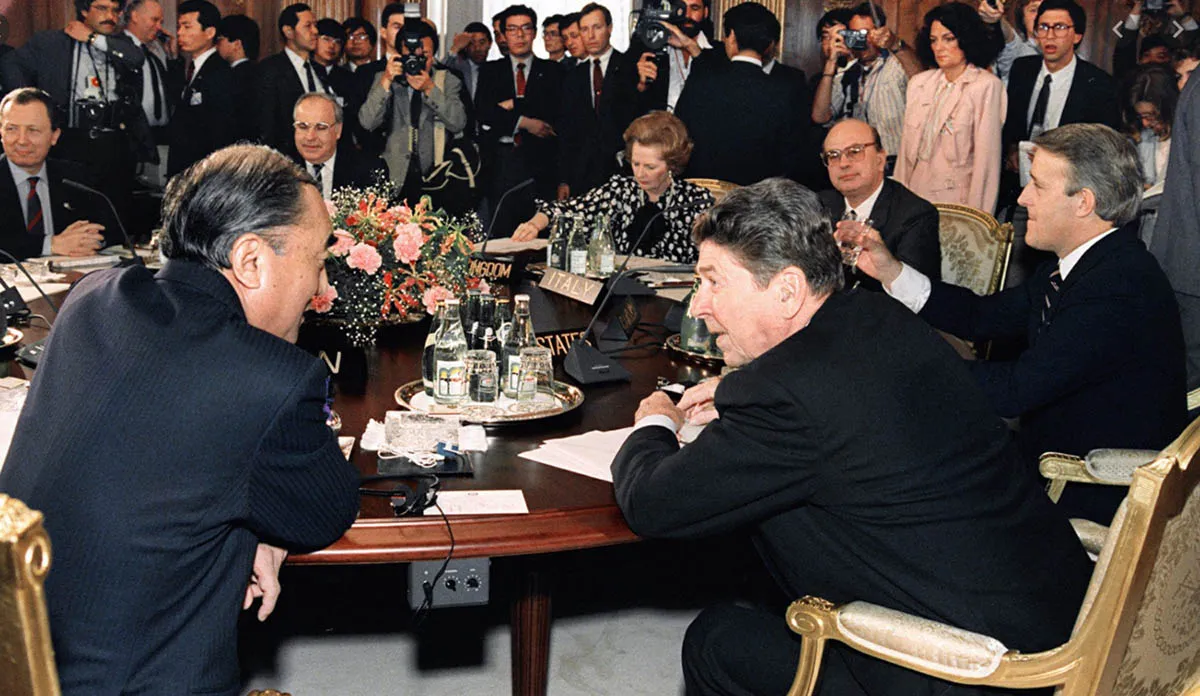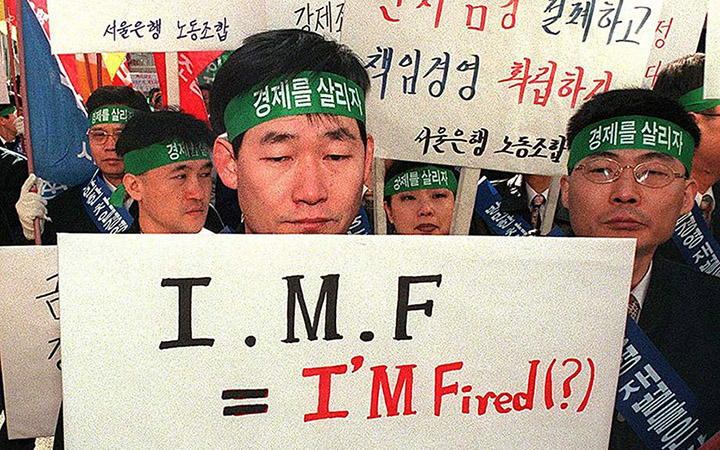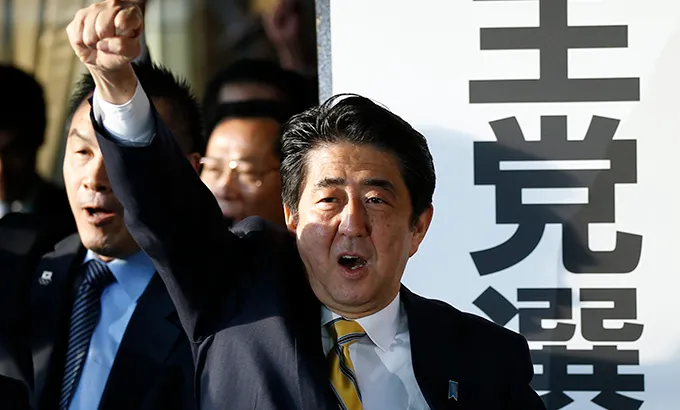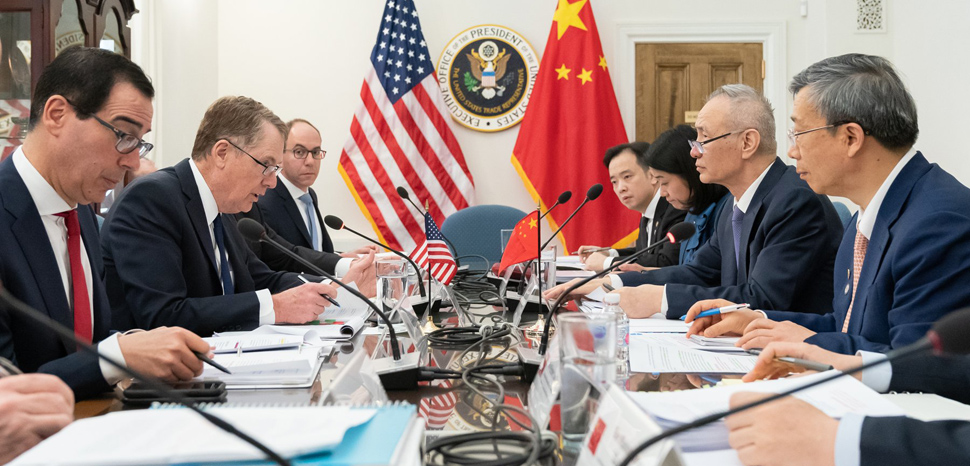Picture this: a financial coliseum where currencies clash in a silent but fierce war – in the heart of which the US Dollar, Euro, Japanese Yen, and Chinese Yuan all battle for dominance. Weapons of choice? Interest rates, monetary policy decisions, and direct currency intervention. As the trading day unfolds, geopolitical tensions, central bank interventions, and market volatility dominate the headlines, creating an atmosphere of uncertainty for traders. A tale as old as commerce itself, the lore of currency wars ensues.
In the world of global finance, currency wars play out strategically among nations, as manipulating exchange rates becomes a key tool for economic advantage. Dubbed the ‘race to the bottom’, the practice involves countries competitively devaluing their currencies to stimulate economic growth. Generally motivated by a desire to gain a competitive edge in global trade, the aim is to make exports more affordable and imports relatively more expensive.
Currency Wars: A Walk Through History
The history of currency wars is a compelling narrative woven into the fabric of global economics. Studying the key events serves to provide insight into the recurring patterns and complexities inherent in the ongoing evolution of currency competition.
How can Magna Financial Help?
In the midst of currency wars, Magna Financial stands as a reliable partner, offering a range of services designed to assist in understanding and maneuvering through the complexities of fluctuating currencies. Alongside offering industry-leading savings on Forex rates, these services include but are not limited to:
- Real-Time Market Analysis: Receive timely updates on currency market developments, empowering you with the latest information to make informed trading decisions during currency wars.
- Continuous Monitoring: Benefit from our proactive approach to monitoring global economic and political developments, providing you with insights to navigate the complexities of currency wars and adapt your strategies accordingly.
- Adaptation to Market Conditions: Trust in our agile trading platforms that seamlessly handle increased market activity and fluctuations in liquidity, ensuring a stable and responsive trading experience during currency wars.
- Communication: Stay informed through transparent communication about potential risks associated with currency wars, including regular updates on market conditions and any adjustments in trading policies.
- Customer Support: Benefit from prompt and responsive customer support, helping you navigate uncertainties and adjust strategies effectively in the ever-changing landscape of currency wars.

For all your currency requirements, we are here to provide expert assistance and personalized guidance. Whether you need assistance with currency exchange, international money transfers, or managing fluctuations in exchange rates, our team has you covered. Feel free to reach out to us directly for any currency-related inquiries or financial advice. Your seamless transition is our priority, and we are committed to making it a smooth and stress-free experience for you.
Contact us at: +44 (0) 203 371 9966 | info@magnafinancial.com


